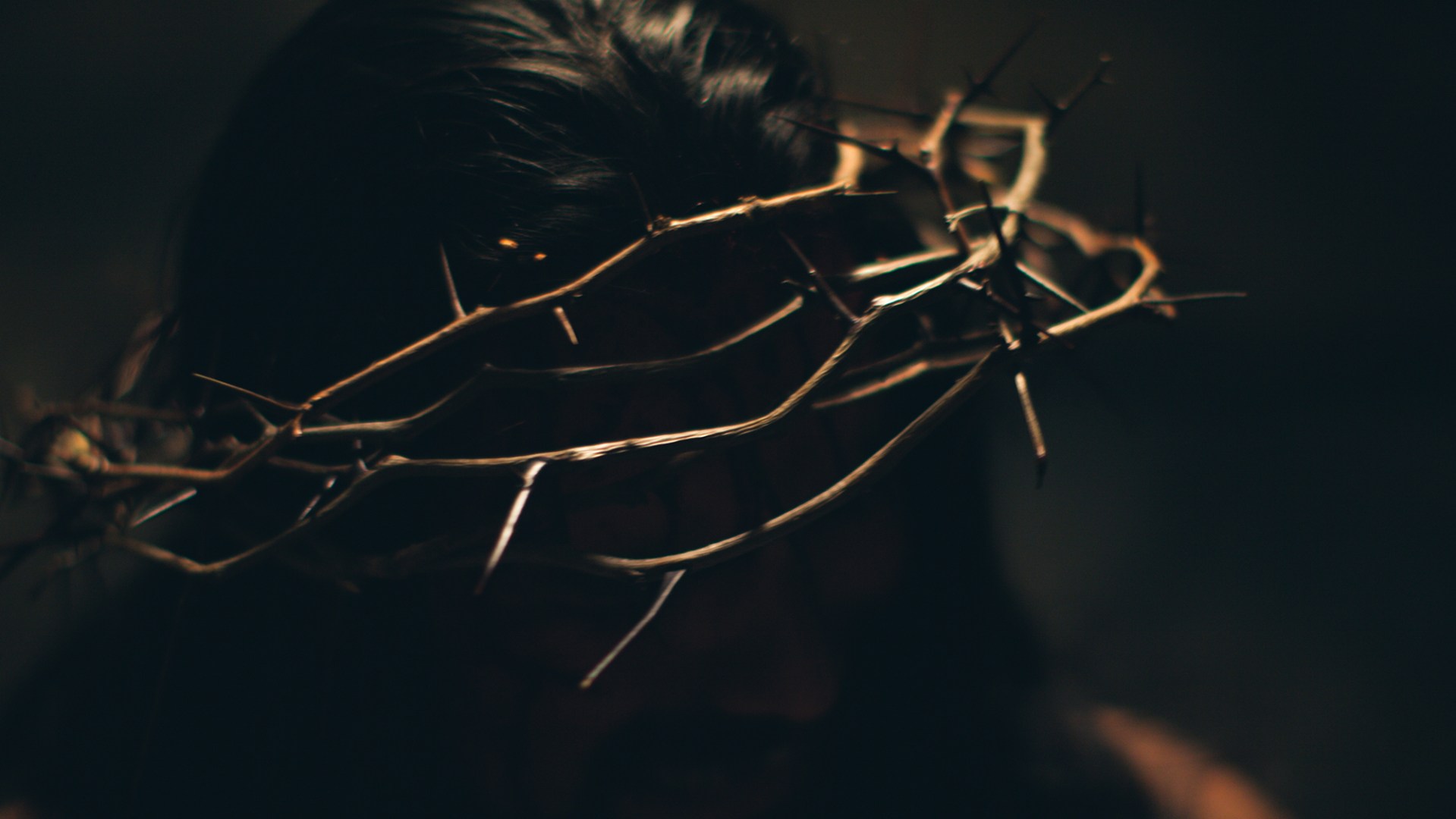Jesus called out with a loud voice, "Father, into your hands I commit my spirit." When he had said this, he breathed his last. (Luke 23:46)
Jesus' spiritual life was bathed in the language of the Psalms of David. He was a descendant of David and was hailed on Palm Sunday as the Son of David (Matt. 21:9). The Psalms reflect the rough emotional terrain of Jesus' famous forebear's turbulent life.
Like a leitmotif in a Wagnerian opera, the theme of trust in the face of doom returns, repeats, reasserts itself in the Psalms of David: "They conspire against me and plot to take my life. But I trust in you, O LORD; I say, 'You are my God'" (Ps. 31:13b-14).
In his most trying moments, in his dying moment, Jesus reached into the depths of his experience for the words of his archetypal forebear David. He brought forth Psalm 31:5: "Into your hands I commit my spirit." His dying moment was a moment of trust.
It was also a moment of intimacy. The two belong together: trust nurtured by intimacy; intimacy nurtured by trust. The intimate word Jesus added to the words of David was Father. "Father, into your hands I commit my spirit."
David cried out to his God: "O Lord," he would say, "You are My God." In David's time, such language was radical. The Psalms of David personalize the spiritual life in a way that earlier biblical literature did not. But Jesus took it even further. He consistently spoke of and to his Father. And to his disciples he said, "When you pray, say, 'Our Father … '" This language of intimate converse with his Father he shared with his followers.
Just before his final expression of trust, Luke tells us, the heavy curtain of the temple was torn in two from top to bottom. Interpretations of this event vary widely, but I see this as a sign of newly opened access to God. The structures of worship are both barrier and bridge. They both separate worshipers from and connect worshipers to the divine. But in the tearing of the temple veil we see that the formal separation between worshipers and the Worshiped One is destroyed as Jesus himself provides free and open access. He is, in his own words, the Way, the Truth, and the Life.
In our last moments, may we too be given the gifts of trust, intimacy, and an open door to the Father.
This article is slightly modified from a meditation given at the annual performance of Franz Joseph Haydn's The Seven Last Words of Christ at the University of Chicago's Rockefeller Memorial Chapel. Neff and other Chicago area religious leaders offered brief spoken meditations on Jesus' sayings on the cross, between the exquisitely performed musical meditations by the 18th-century composer.
Copyright © 2008 Christianity Today. Click for reprint information.
Related Elsewhere:
Reflections from previous years of the Rockefeller Chapel Seven Last Words concerts are compiled in Echoes from Calvary, edited by Vermeer Quartet violist Richard Young. The book includes two audio CDs.
Neff earlier reflected on Haydn's Seven Last Words and reviewed a compilation of the meditations given at the University of Chicago's annual event.
Stan Guthrie's meditation on "I Thirst," also given at the annual event, 2005, appeared on our website in 2005.









